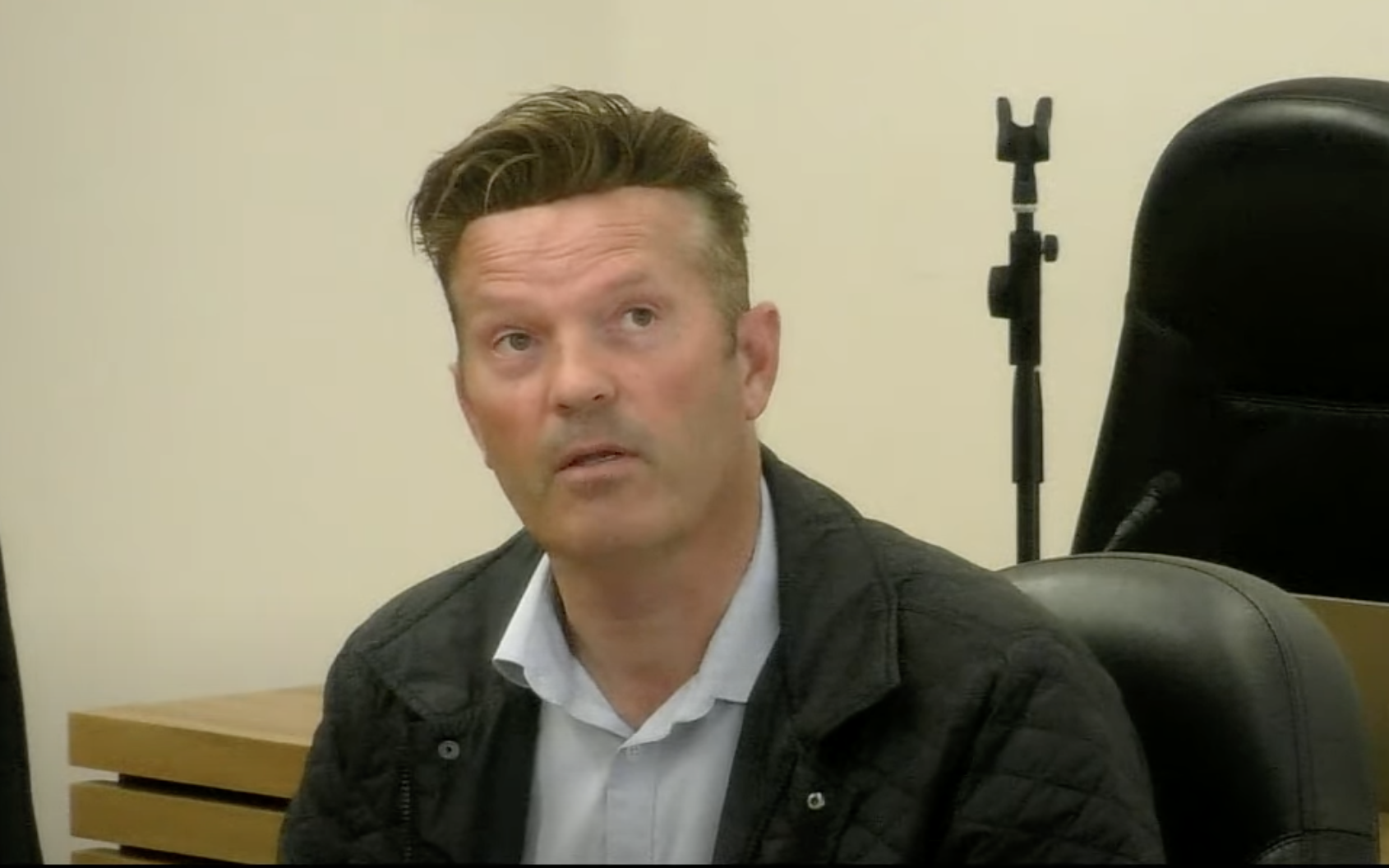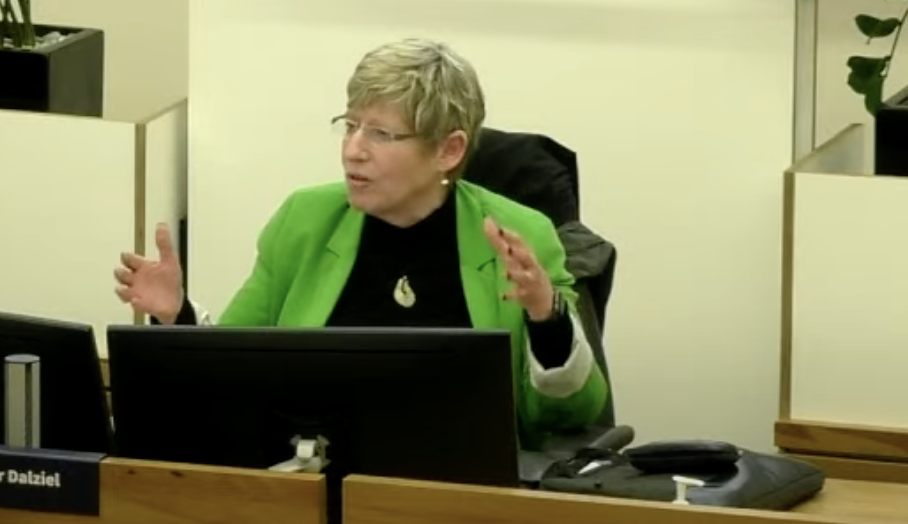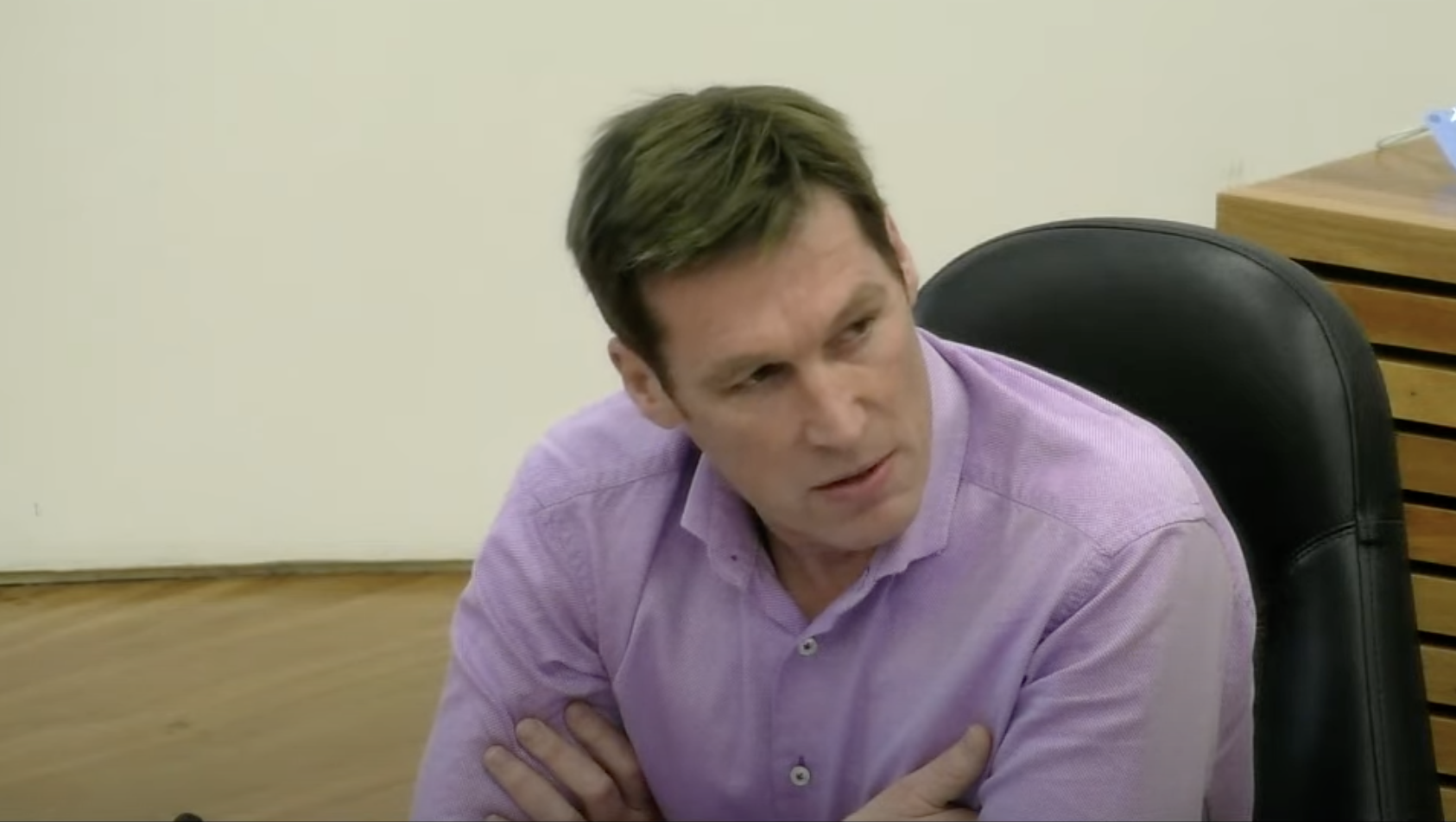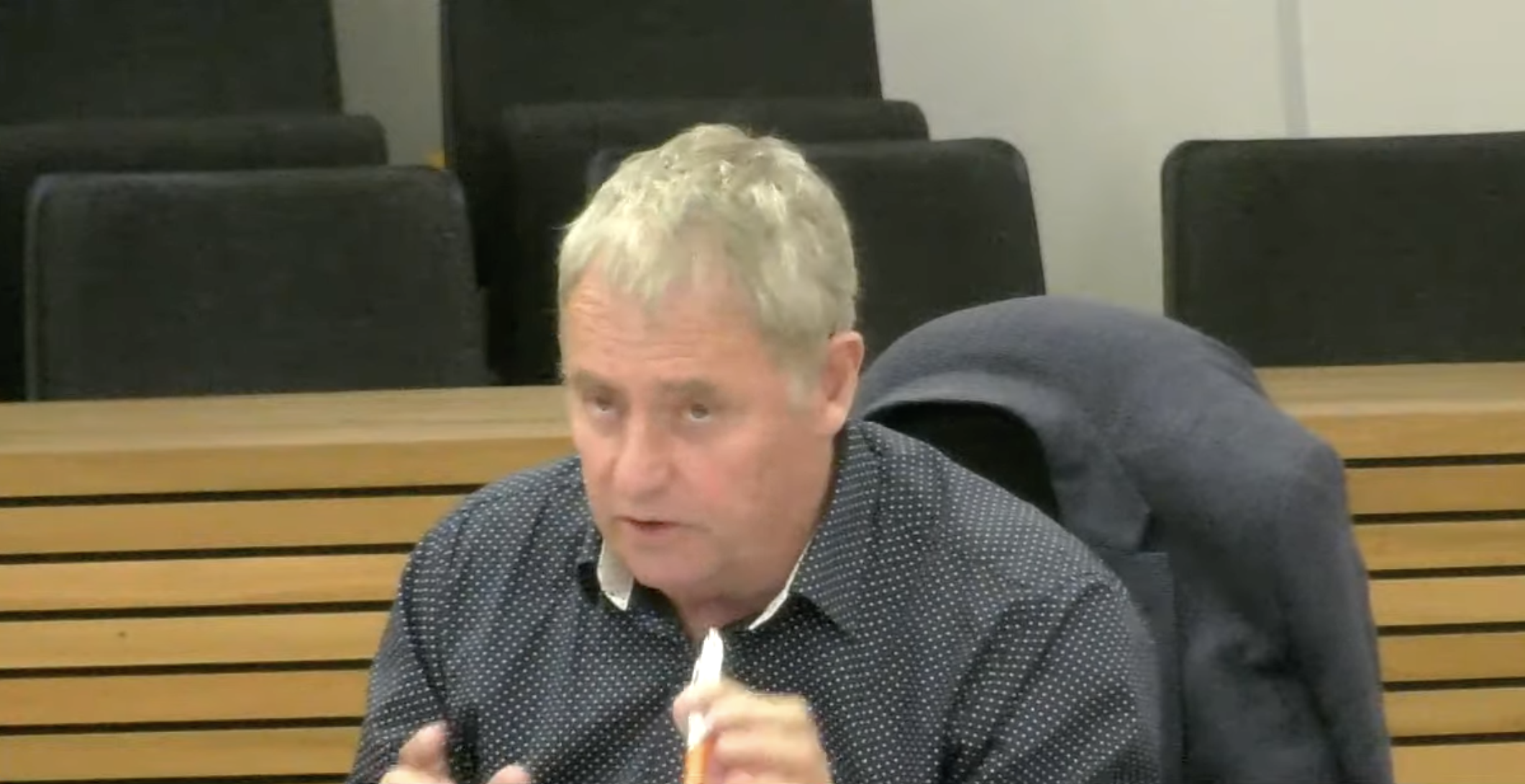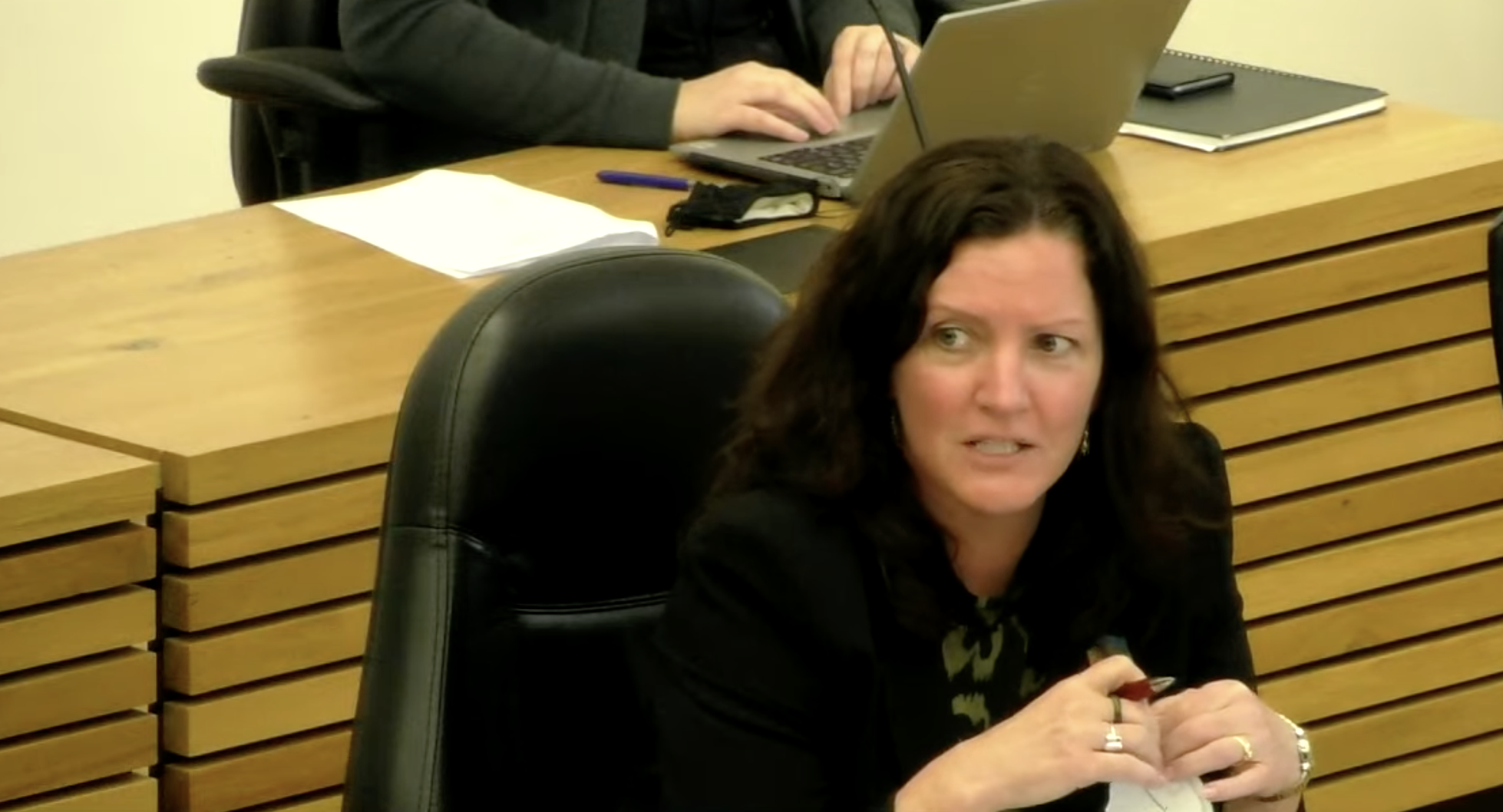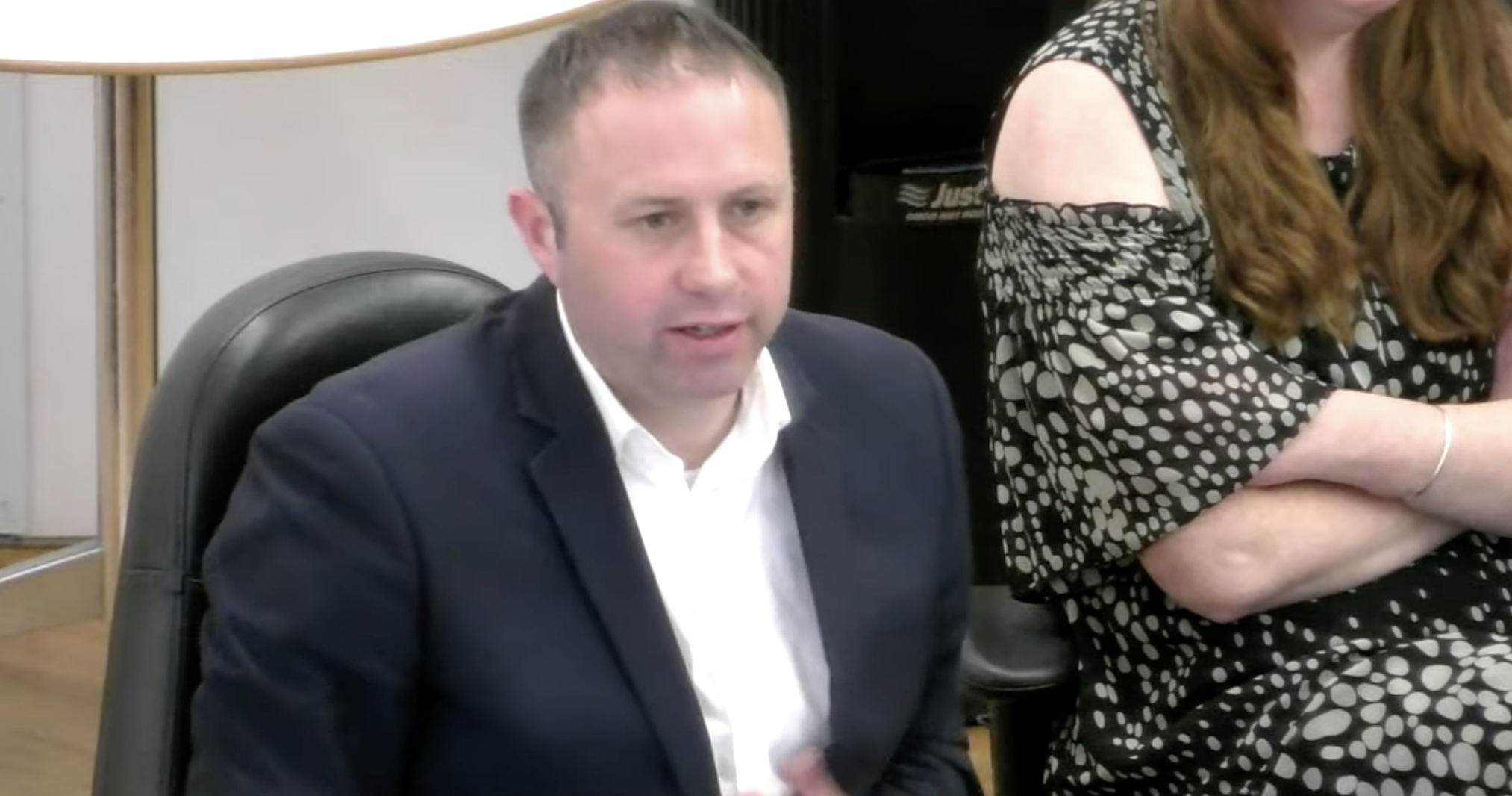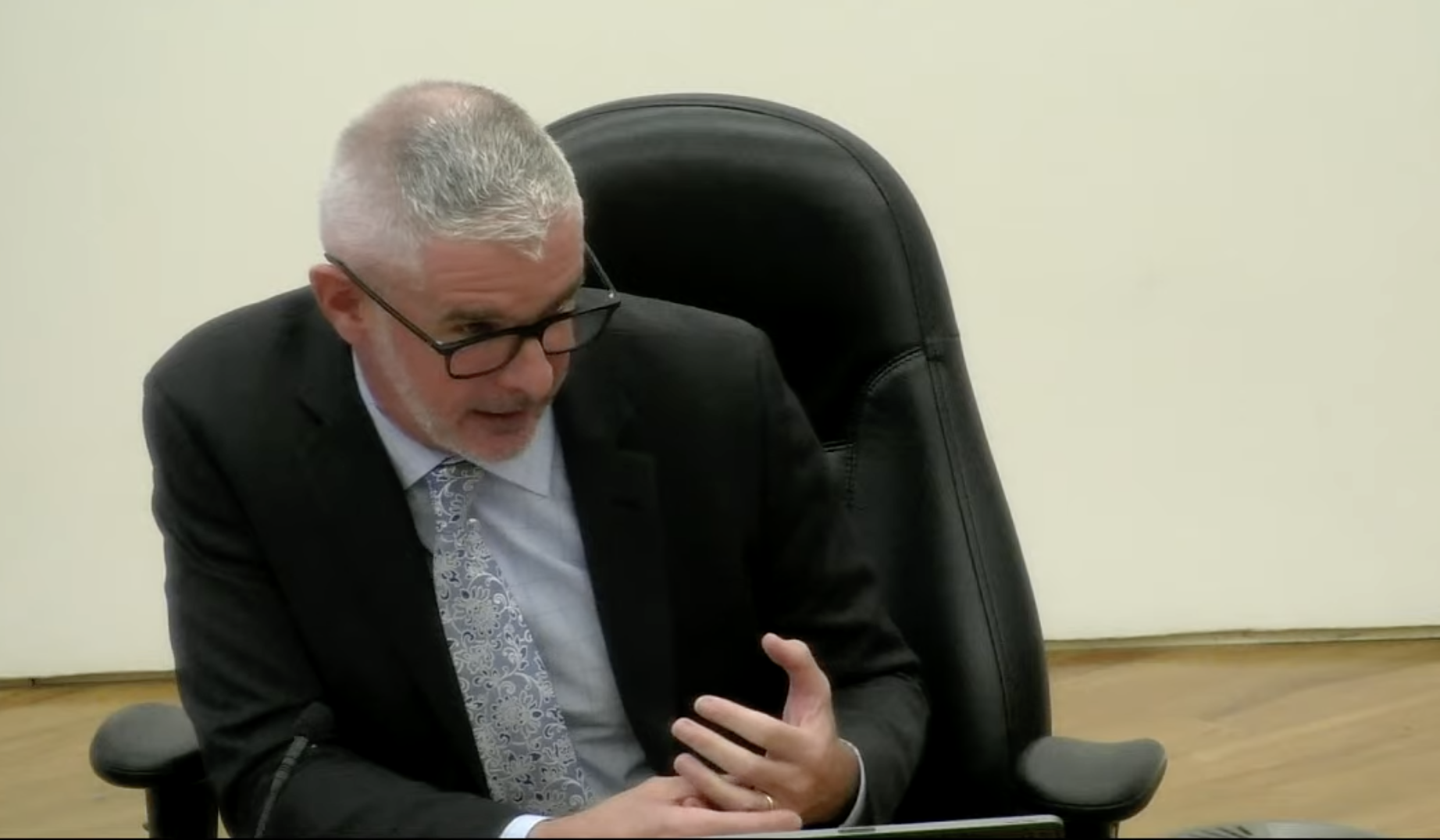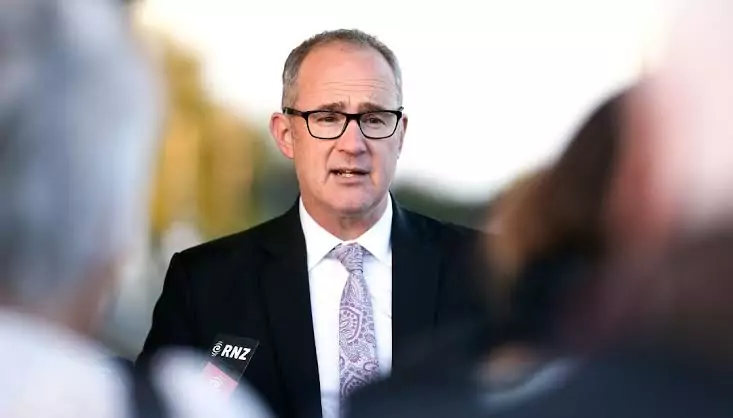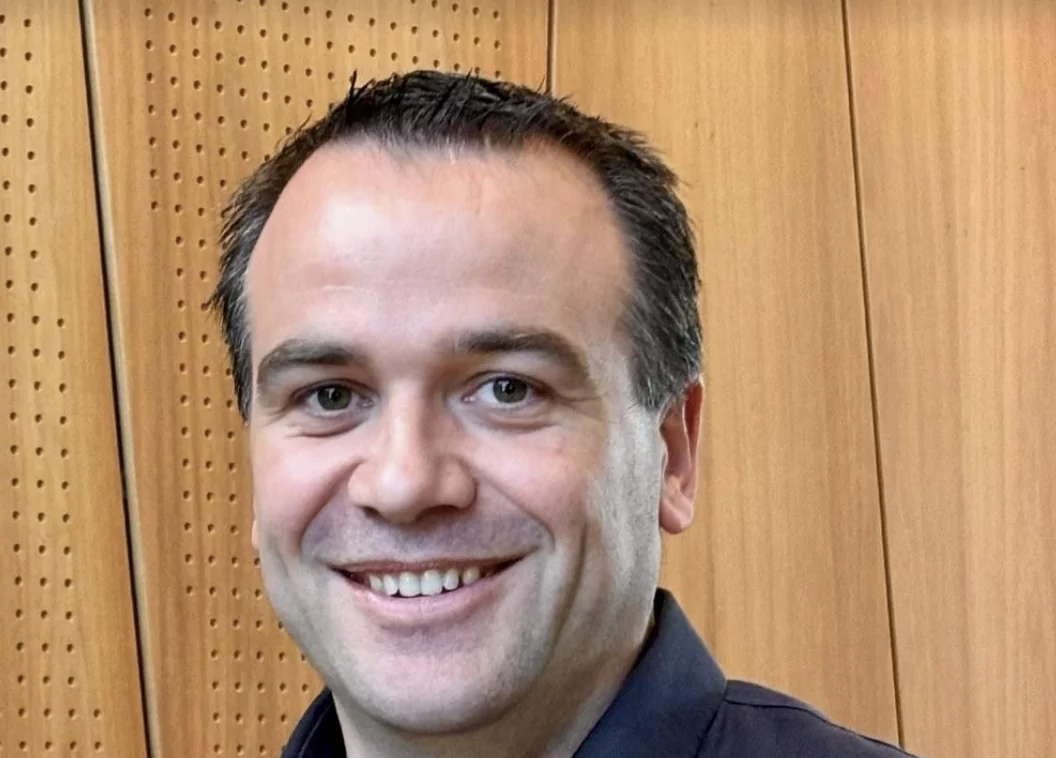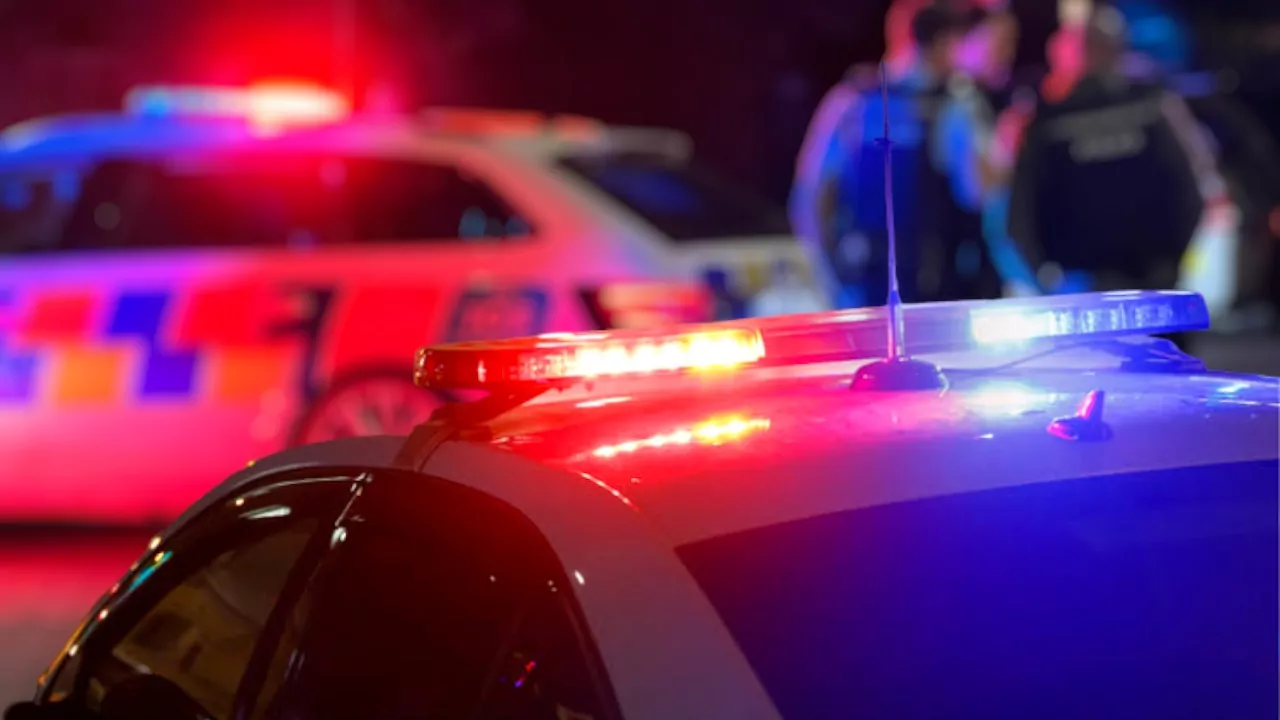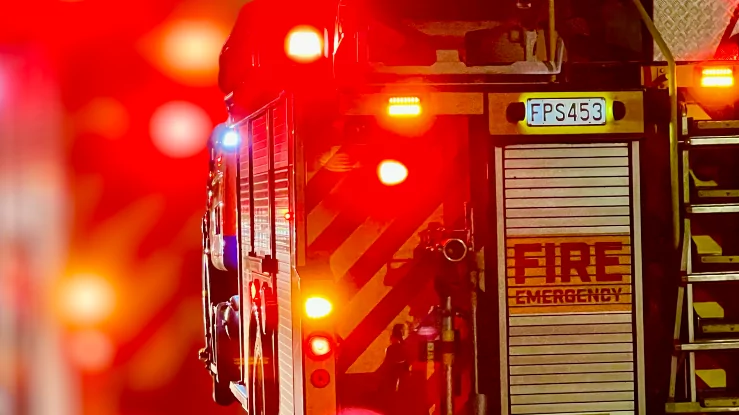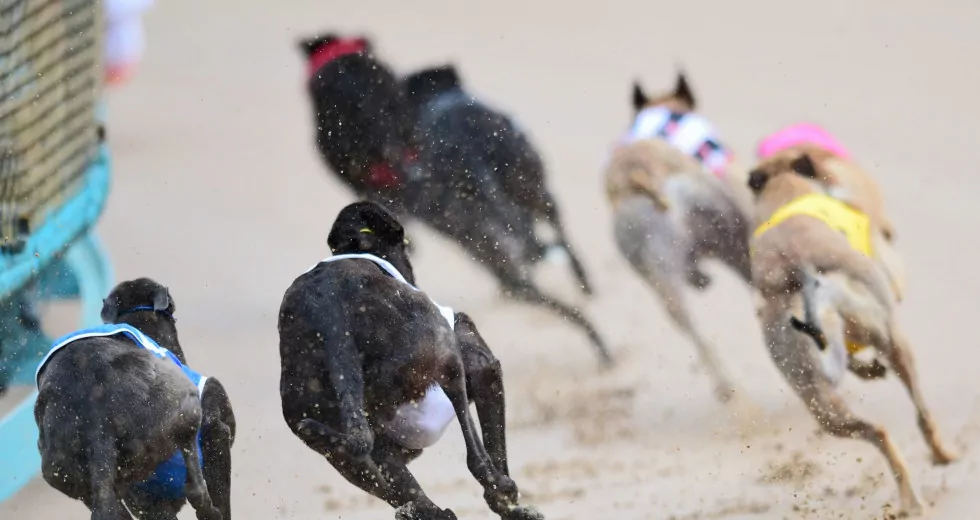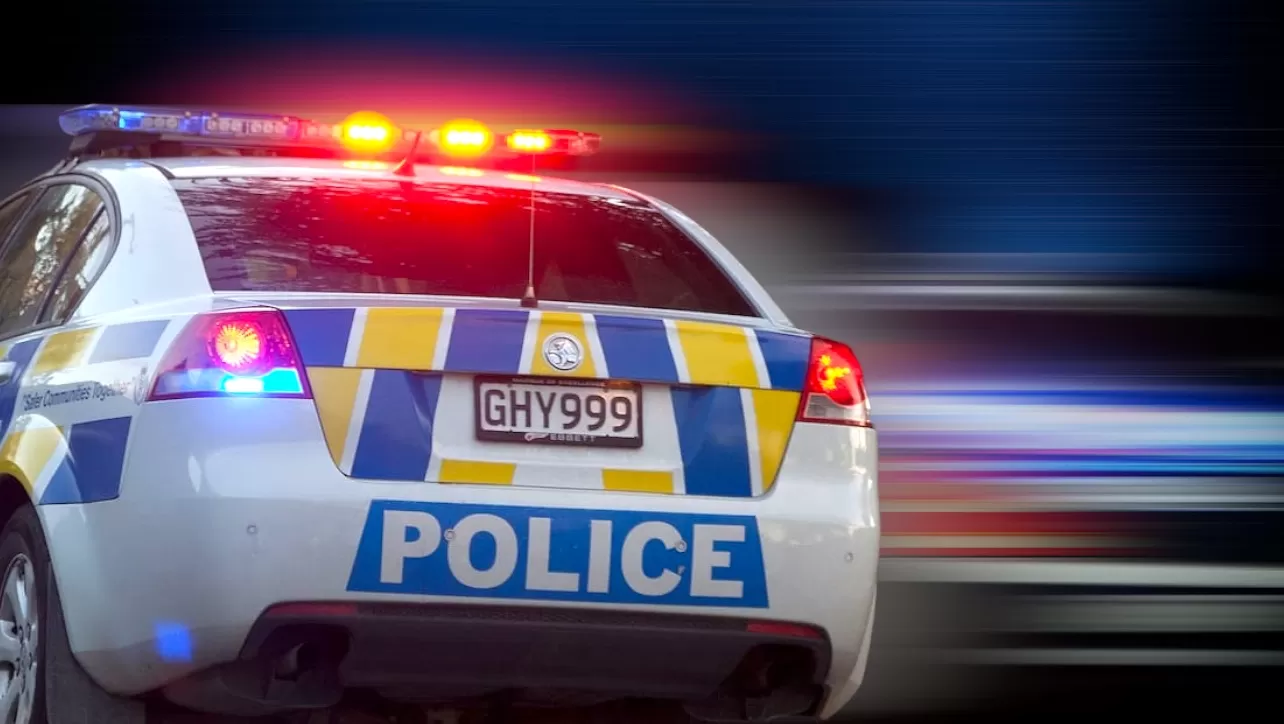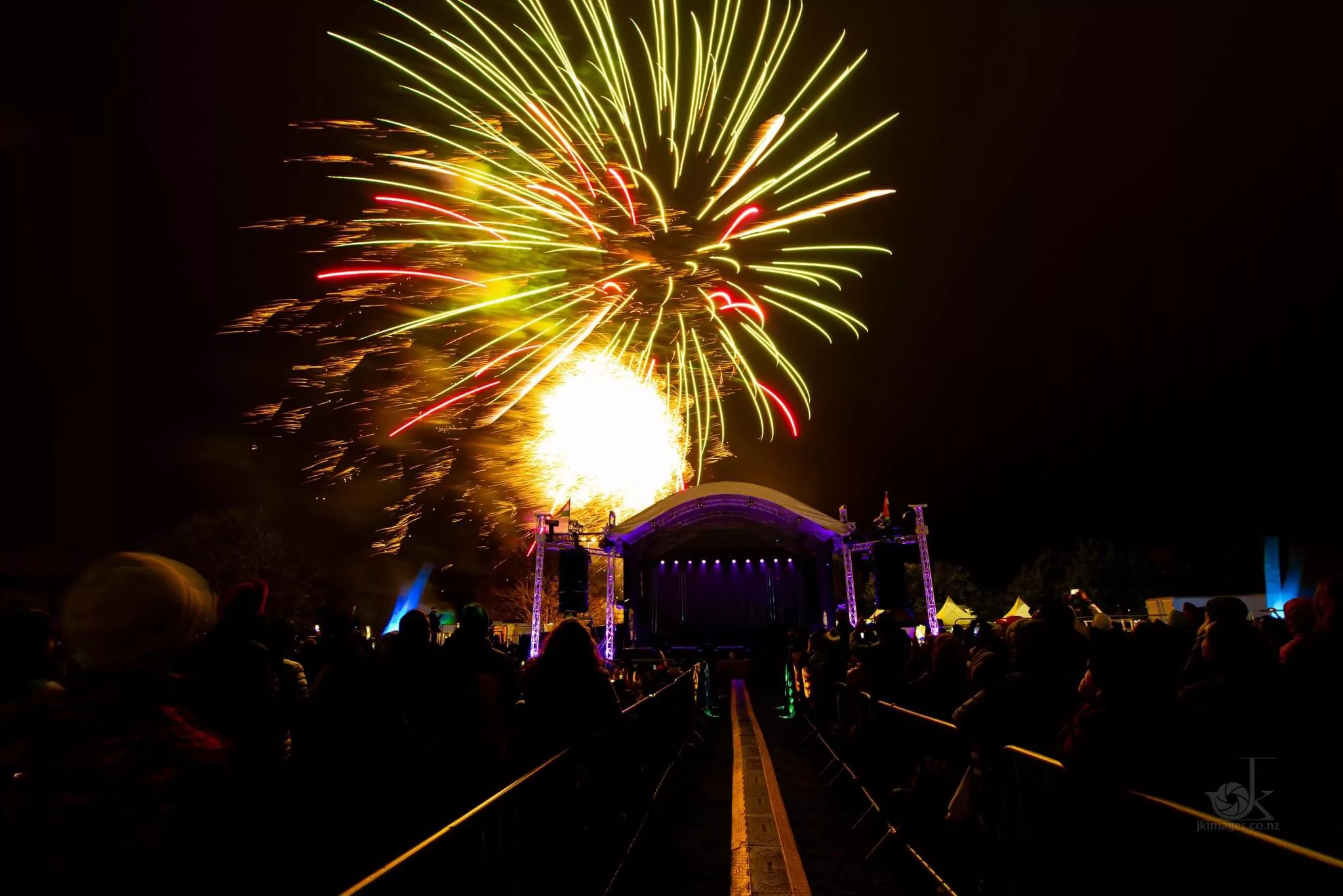Two Christchurch City Councillors have forced the Christchurch City Council to publicly release its controversial transport plan.
The plan includes road tolls, more parking charges, better public transport, and slower speed limits. (See below for more on the plans)
Aaron Keown and Phil Mauger urged council staff to release the plan, ahead of October’s local elections.
Keown said “it’s a very important part of what this council will do in the coming years.
Christchurch City Councillor Aaron Keown
Some would say one of the most important and I think it should be in the public domain. The public has a right to know what our thinking is going to be mainly because there’s an election coming up. And I think that there are a number of issues that are in this document that should be election issues.”
Christchurch City Mayor Lianne Dalziel said there was a degree of frustration about her speaking to this notice of motion.
Lianne Dalziel said no one raised concerns with her about the transport plan
“This is what I won’t miss from this council. No one raised this with me at any time since the community board was briefed on the proposed change to our decade-old transport plan that gave us the Northern Corridor.
I’ve got no objection to it going online, but I do want people to understand that it is not the draft that will be consulted on next year.
The next council will decide what will be contained within that document and consultation doesn’t begin until 2023. There is no point putting it in the public arena.”
Councillor Mike Davidson was happy for the plan to be released
Councillor Mike Davidson said, “while I don’t recall council releasing a working draft before it’s finalised, I’m actually happy to show the public this Council’s commitment to a safe, healthy, accessible, productive and climate-focused transport system that will benefit better for everyone regardless of what mode of transport they choose to use.”
Councillor Phil Mauger
Councillor Phil Mauger said people standing for the council in the election were unaware of what was being proposed.
“I think it’s important that they have the information so that’s the only reason I want to get it out, just so everyone knows where they are.”
Councillor Sara Templeton said there was too much scare mongering about the plan
Councillor Sara Templeton said some form of road pricing will be needed in the future.
“There’s no smoking gun. It’s not radical, it’s bog standard transport planning that’s being used the world over and it will be good to get this out so that people can see it.
The scare-mongering that has been happening has been taken out of context.
Councillor Yani Johanson had concerns about the document and he was happy to get it out to the public
Councillor Yani Johanson said “there are things in here that concern me. I trust our community to be sensible and reasonable enough to be able to read this information knowing that it’s not the final draft.
I think we have to have confidence in our community that when we’re open and transparent, people will respect the processes and the work that we’re doing.”
Councillor Andrew Turner said he was worried about the misinterpretation of the document
Councillor Andrew Turner said all of this leaves the release of the documents open to misinterpretation and manipulation.
“In the period just before the election, I would suggest that the risk of misinterpretation manipulation scaremongering might just be amplified slightly.
But I do hope I’m wrong in that regard. I’ll support the notice of motion. I think in the interest of transparency and timing, it’s the right thing to do. there’s nothing to hide here.”
Councillor Aaron Keown wrapped up the council debate.
“Christchurch should be the hydrogen capital of the world. We have the highest amount of renewable energy in the world. And we could be making hydrogen and using hydrogen here and leading the way.
Why the hell haven’t we invited every car company in the world that’s doing hydrogen here to set up their base here?
WHAT’S IN THE PLAN?
Low Traffic Zones
The council wants to implement Low Traffic Zones – Over the next ten years, the council is looking to “transform pockets of areas across the city into a series of interconnected neighbourhoods, with the city centre as the social and economic hub.”
In these Low Traffic Zones streets will be redesigned to prioritise walking and cycling; and street trees, small parks, urban wetlands and playgrounds will encourage slow movement, play, and social gatherings between friends and neighbours. People will be less reliant on cars as they will no longer be the most obvious or convenient travel choice.”
For Commercial areas, the council wants priority loading for low emission vehicles, cycle and scooter parking, travel behaviour engagement, timed closures of streets, urban design improvements
For residential areas, the council wants slower speeds, through traffic restrictions, school streets
Road pricing
The council wants to introduce road pricing so motorists pay directly for driving on a particular roadway or in a particular area, for how much they drive and when.
Higher parking prices
The Christchurch Central City wants to have more charges for parking across the city including charging a levy for privately owned and operated car parks.
In the document is said “parking levies can take many different forms. Internationally, they are increasingly considered an effective way to price privately-owned/operated parking. These typically charge a cost to the owner/lease of the parking and are designed so the owner can pass on that cost directly to the user of each parking space.”
More paid on-street parking
The council wants to progressively expand the coverage of paid and time-restricted on-street parking.
“Currently 79% of on-street parking in the central city is free, or not priced. We will use the Central City Parking Policy to progressively expand time restrictions and pricing within the four avenues, working towards an aspiration of having no unpriced parking in the central city.”
Prioritise essential vehicle trips on the road network
The report said users do not pay a direct fee for occupying road space, which means that roads do not always get used for the trips that are the most important. As a result, vehicles performing more essential functions (e.g. goods delivery) get delayed because roads are congested with fewer essential trips. Brougham Street is one of our city’s most important freight routes, but is also one of our most congested roads.”
“Planning according to this hierarchy will ensure that our transport network supports the sustainable growth of our city by allowing those with the highest need to travel efficiently.”
More money on cycleways
Over the next 10 years the report said council will spend over $250 million on a range of cycleway projects to continue building its strategic cycling network, which consists of the Major Cycleway and local cycleway routes.
“There has been a significant effort to make Christchurch a cycle-friendly city, though more work is needed for cycling to become a more dominant mode of travel across our transport network.”
